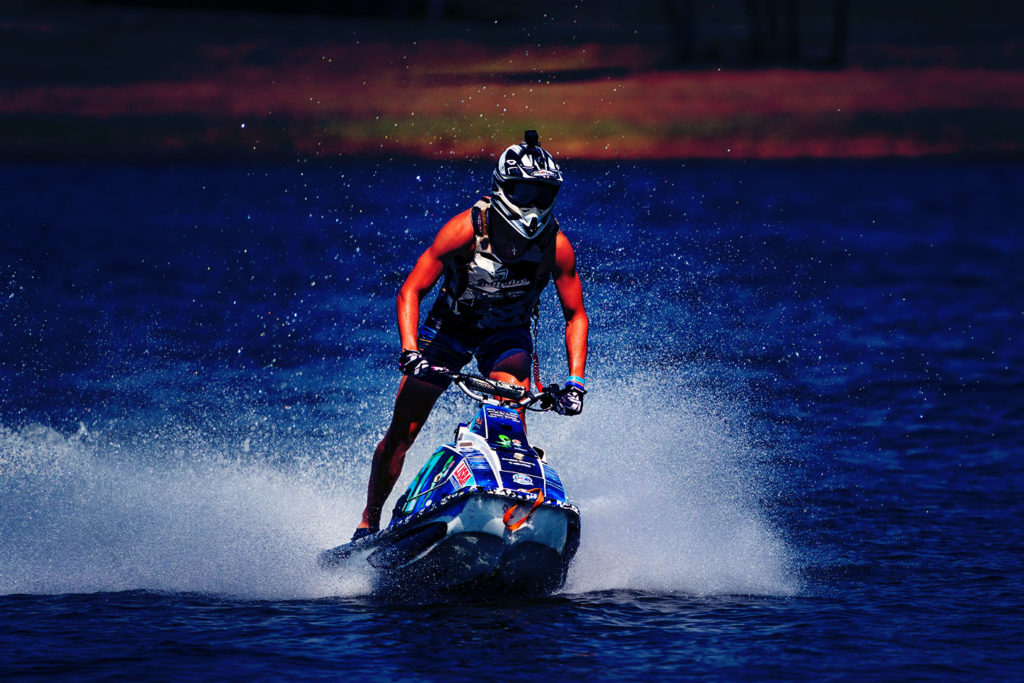In Texas, it is illegal for anyone to operate a boat or any watercraft while under the influence of alcohol or drugs. The legal blood alcohol concentration (BAC) limit for operating a vessel, including boats and personal watercraft (PWC), is the same as for operating a motor vehicle on land, which is 0.08%.
Here are some key points regarding alcohol and boating laws in Texas…
- Boating While Intoxicated (BWI) – Operating a vessel with a BAC of 0.08% or higher is considered Boating While Intoxicated (BWI) and is a criminal offense.
- Penalties – Penalties for BWI in Texas can include fines, imprisonment, community service, and suspension of boating privileges. The severity of penalties may increase with higher BAC levels or if there are aggravating circumstances, such as accidents resulting in injury or death.
- Enforcement – Law enforcement officers have the authority to stop and board vessels to check for compliance with boating safety regulations, including BWI laws. They may conduct field sobriety tests and chemical tests to determine BAC levels.
- Safety Considerations – Alcohol impairs judgment, coordination, and reaction times, which are critical for safe boating. Boaters are encouraged to designate a sober operator if alcohol will be consumed onboard or to wait until they are safely ashore before consuming alcohol.
- Education and Awareness – Boater education courses in Texas include information about BWI laws and the dangers of boating under the influence. Completing a boater education course is required for certain age groups to operate a vessel legally.
Overall, it is illegal and highly unsafe for boat operators to drink alcohol or use drugs while operating a vessel in Texas. Adhering to these laws helps ensure the safety of everyone on the water and avoids serious legal consequences.



